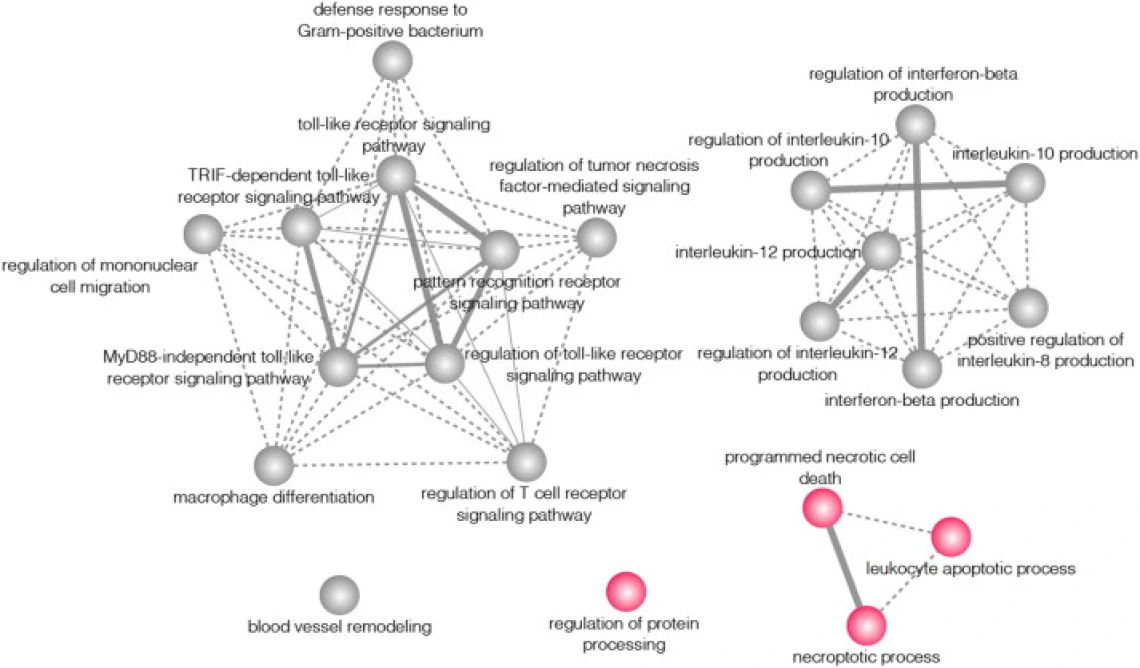Dr. Chang's research highlighted in JACI as an Editor's Choice Article
Dr. Chang's article, Rhinovirus-induced endotypes distinguish a childhood persistent wheeze-phenotype in adult asthmatic subjects, was featured in JACI as a September issue Editor's Choice -https://www.jacionline.org/article/S0091-6749(22)00996-4/fulltext

Dr. Chang’s research highlighted in JACI as an Editor’s choice article – Rhinovirus-induced endotypes distinguish a childhood persistent wheeze-phenotype in adult asthmatic subjects
Abstract
Background
The study of pathogenic mechanisms in adult asthma is often marred by a lack of precise information about the natural history of the disease. Children who have persistent wheezing (PW) during the first 6 years of life and whose symptoms start before age 3 years (PW+) are much more likely to have wheezing illnesses due to rhinovirus (RV) in infancy and to have asthma into adult life than are those who do not have PW (PW–).
Objective
Our aim was to determine whether nasal epithelial cells from PW+ asthmatic adults as compared with cells from PW– asthmatic adults show distinct biomechanistic processes activated by RV exposure.
Methods
Air-liquid interface cultures derived from nasal epithelial cells of 36-year old participants with active asthma with and without a history of PW in childhood (10 PW+ participants and 20 PW– participants) from the Tucson Children’s Respiratory Study were challenged with a human RV-A strain (RV-A16) or control, and their RNA was sequenced.
Results
A total of 35 differentially expressed genes involved in extracellular remodeling and angiogenesis distinguished the PW+ group from the PW– group at baseline and after RV-A stimulation. Notably, 22 transcriptomic pathways showed PW-by-RV interactions; the pathways were invariably overactivated in PW+ patients, and were involved in Toll-like receptor– and cytokine-mediated responses, remodeling, and angiogenic processes.
Conclusions
Asthmatic adults with a history of persistent wheeze in the first 6 years of life have specific biomolecular alterations in response to RV-A that are not present in patients without such a history. Targeting these mechanisms may slow the progression of asthma in these patients.

